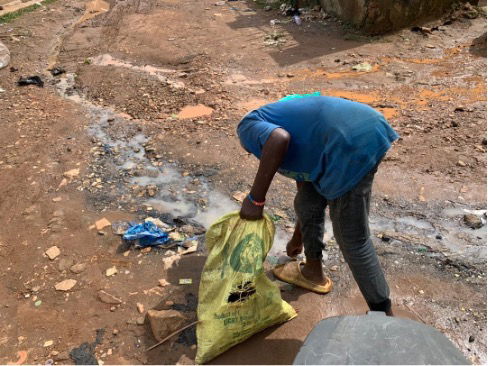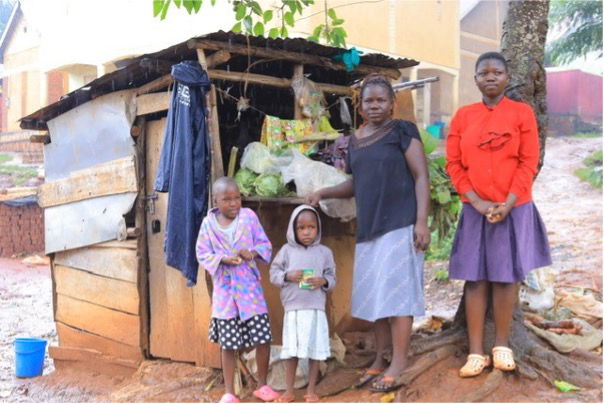Facing Extreme Poverty: A Generation in Need
In Uganda, poverty drives countless children into school dropout, child labour, street begging, early marriages, and exploitation. The Nebo Project fights to break this cycle—empowering families, protecting children, and transforming futures, one family at a time.
- Primary school dropout rates stand at 45%, trapping individuals in cycles of unemployment and poverty. Children from households living below the poverty line are compelled to leave school and work to supplement their parents’ incomes.
- Despite the 2016 law in Uganda criminalising child labour (UBOS, 2021), 40% of children aged 5-17 are still engaged in child labour, with some seen begging on the streets.
 Poverty forces many children into labour, denying them a chance to learn and grow.
Poverty forces many children into labour, denying them a chance to learn and grow.
- Despite improvements in school enrolment, nearly 50% of children in Uganda do not complete primary school.
- Families in Uganda face daily struggles, living on less than £0.75 a day, with inadequate access to education, housing, and healthcare
 The extremely impoverished population in Uganda resides in substandard and dehumanising housing conditions.
The extremely impoverished population in Uganda resides in substandard and dehumanising housing conditions. - Distribution of income remains significantly skewed according to Oxfam with the richest 10% population receiving 35.7% of the national income, while the poorest 10% and 20% receiving 2.5% and 5.8% respectively.
 A single mother stands in front of her retail shop with her children
A single mother stands in front of her retail shop with her children